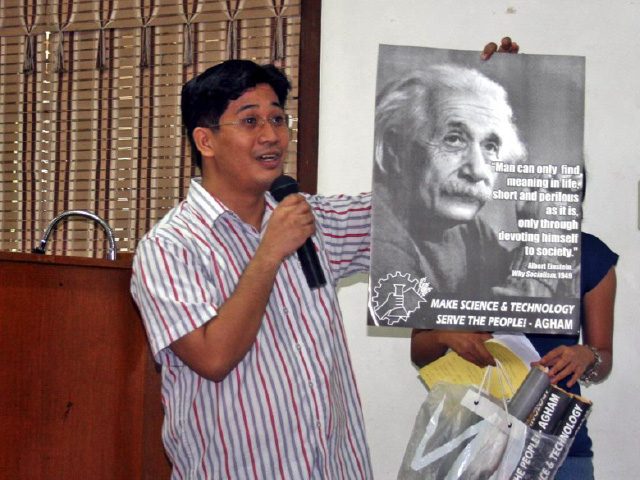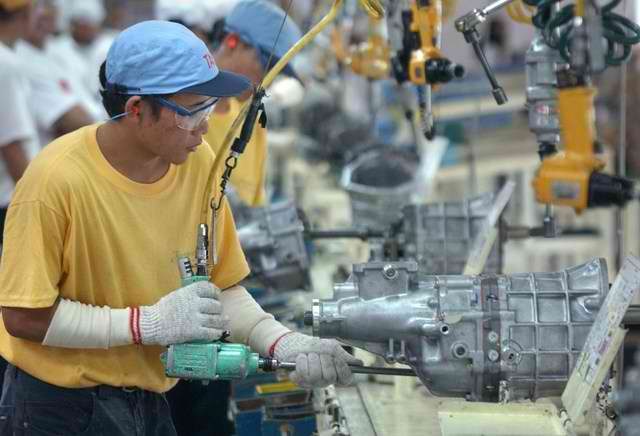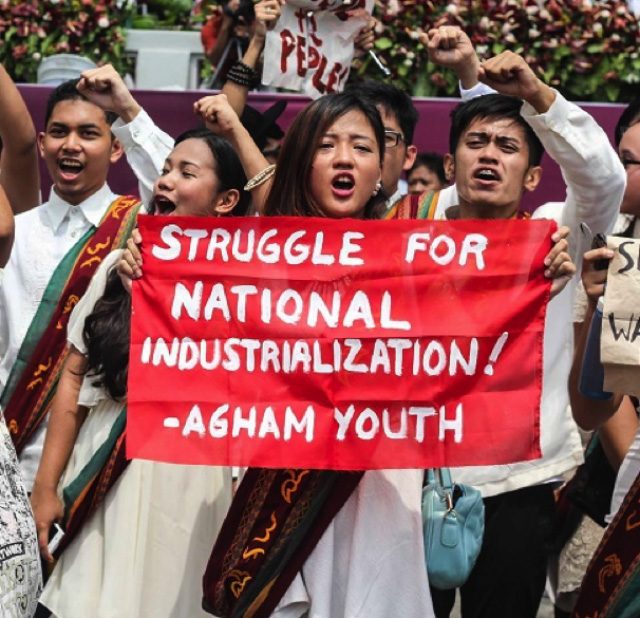SUMMARY
This is AI generated summarization, which may have errors. For context, always refer to the full article.

These waves, like water, flow outward from a source, in this case the fantastic collision of two black holes, and carry with them energy in the form of gravitational radiation.
Why the big fuss? Since 1916, the presence of gravitational waves has been theorized on, but in nearly a hundred years, there has been no physical proof of it.
With the results of this collaborative research effort, which involves 1,145 science researchers from 17 countries, we now definitively know that these waves exist.
And this paves the way for other insights into our universe and methods of recording similar events that have been theorized to cause ripples of gravitational waves – namely other colliding black holes, neutron stars, supernovae, and even the birth of the entire universe, the Big Bang.
An added bonus offered by the research was an audio recording of the two colliding black holes – a breathtaking soundtrack which eerily sounds like seaside waves crashing on the cosmic shore.

Paradox of science
The discovery nearly coincides with the celebration of the centenary of Einstein’s general theory of relativity, the basis of the idea of gravitational waves.
If Einstein were still alive, he would be celebrating, and perhaps even pondering on the role of the basic sciences in making us better understand the world – the universe, rather – we live in.
Perhaps channeling his spirit, MIT President Rafael Relif, in a letter to the MIT community announcing the release of the study, said:
“The discovery we celebrate today embodies the paradox of fundamental science: that it is painstaking, rigorous and slow – and electrifying, revolutionary and catalytic. Without basic science, our best guess never gets any better, and ‘innovation’ is tinkering around the edges. With the advance of basic science, society advances, too.”
Gap in resources
In a world where most funding and attention are given to the practical, if not profitable applications of basic science, this statement drives home a point felt by most if not all researchers and workers in the basic sciences: that research in the field of math, physics, chemistry and biology will never be irrelevant in a universe, both inside and outside of us, that we are still trying to understand.
Sadly, all indicators point to our country lagging painfully behind our neighbors in terms of basic science and math. (READ: PH education and health lagging behind ASEAN nations)

For example: the Philippines has a science laboratory to student ratio of 1:1325 for those in public elementary and high schools. Filipino 13-year-old students rank 40 out of 41 countries in science and 37 out of 39 in math.
At the college level, less than one percent of take up courses in the natural sciences. That is why we only have about 115 science PhD holders per million population, way below the UN standard of 380 per million population.
The P11.7B budget allocated in 2015 for research and development (R&D), equivalent to 0.45% of the national budget, is still a far cry from the UN standard of 1%, let alone from the 2.8% allocation of countries like the US and Japan.
While we have our own stellar (no pun intended) and bright minds in the basic sciences, we still have a long way to go.
Social relevance
Without a solid foundation in the basic sciences, the country will not stand on its own two feet in a globalized world where barriers are increasingly broken down to favor the unhampered entry of technologies, products, and innovations from countries with far more developed science and technology and better support for the sciences. (READ: State of PH education hinders bid for inclusive growth)
Sadly, we do not have our own basic industries along the lines of chemicals manufacturing, minerals processing, and the manufacture of heavy machinery and equipment that will be help foster the development of our basic sciences.
That is why we are heavily reliant on imported petroleum products, agricultural chemical products (fertilizers and pesticides), polymers and plastics, and heavy machinery. Even sewing needles – yes, needles – have to be imported from abroad.
These imported technologies, products and innovations that come into the country are not free – in fact, they come at a cost much higher than if we were to manufacture them locally.
At the same time, these imported science and technology do not necessarily suit local needs, demands and interests. Some may even be harmful to local communities and ecosystems (think: mega-dam projects, destructive large-scale mining, and the Bataan Nuclear Power Plant).

Advancing science and math
Efforts to promote interest and research in the basic sciences is a good start. The same goes for increased funding for basic science research. (READ: Is PH ready for liftoff?)
In order to facilitate advance in basic science that translates to an advancement in Philippine society, however, we need to bridge science with the situation on the ground: namely almost 99% of the population that cannot avail of most of what science and technology has to offer because of job insecurity, falling incomes, rising prices, and a widening gap between the rich and the poor.
How do we do this?
First, by recognizing that science is not separate from society, and that its direction and objectives are dictated upon by who holds the purse strings.
From there, we can break away from the profit-oriented mold of science research, and push for basic science research and studies that help people at the grassroots.
We can advocate for the development of basic national industries that break us away from our dependence on imported technologies, products and methods, and that will employ our brightest minds and talents.
Lastly, we need to advance a type of science that is oriented towards what people need, and not one that is based on what is profitable or marketable.
Through this, we can develop more Einsteins that will help guide us out of our own black fog of scientific backwardness. – Rappler.com
After taking up her undergraduate studies in molecular biology and biotechnology at the University of the Philippines Diliman, Ana Celestial became a full-time volunteer and researcher for activist scientist organization AGHAM – Advocates of Science and Technology for the People. You can contact her at ana@agham.org.
Add a comment
How does this make you feel?
There are no comments yet. Add your comment to start the conversation.